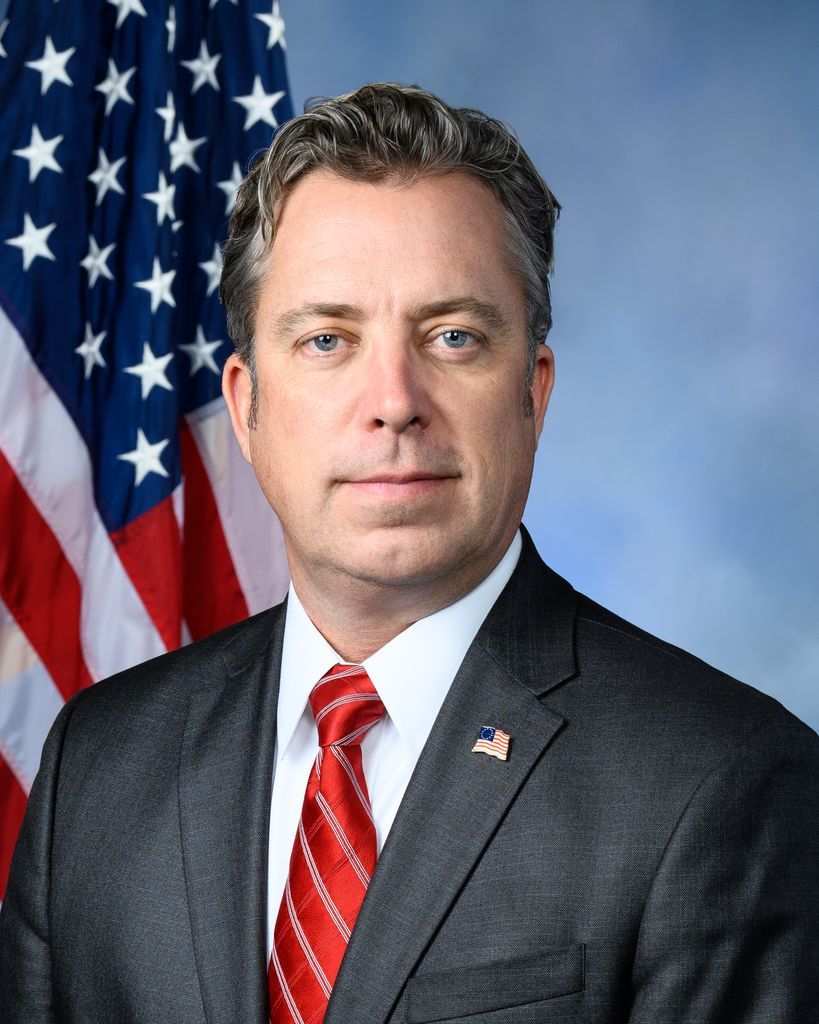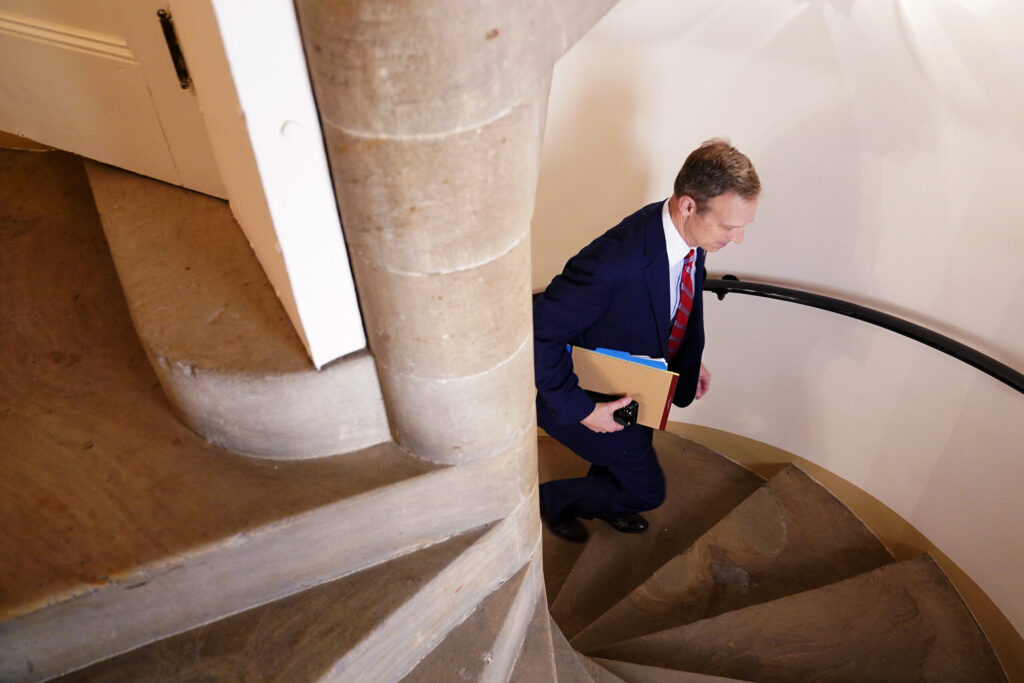“The scope of [any] privilege is limited by its underlying purpose.” Roviaro v. United States, 353 U.S. 53, 60 (1957). The “central importance” of the immunity created by the Speech or Debate Clause is to “prevent intrusion by [the] Executive and Judiciary into the legislative sphere.” Helstoski, 442 U.S. 477, 491. The privilege was “designed to preserve legislative independence, not supremacy.” Brewster, 408 U.S. at 508, and, as such, the Clause’s protections do not apply to “everything a Member of Congress may regularly do.” Doe v. McMillan, 412 U.S. 306, 311, 313 (1973).
Importantly, the Clause does not provide members of Congress with carte blanche to carry out any action in the name of official duty and escape complete scrutiny and accountability. As the Supreme Court has repeatedly stressed, the purpose of the Clause was not “to make Members of Congress super-citizens, immune from criminal responsibility,” Brewster, 408 U.S. at 516. nor to offer privileges to those that “violate an otherwise valid criminal law in preparing for or implementing legislative acts.” Id. at 626. Essentially, as noted in a Congressional Research Service report on the Clause, it “does not immunize criminal conduct that is clearly no part of the ‘due functioning’ of the legislative process.” For example, the Clause has accordingly been expressly held not to protect Senators or Representatives against bribery charges. Johnson v. United States, 383 U.S. 169 (1964).
The privilege extends only to those acts that are an “integral part of the deliberative and communicative processes” through which members of Congress engage either in “the consideration and passage or rejection of proposed legislation” or “other matters which the Constitution places within the jurisdiction of either House.” Gravel, 408 U.S. at 625.




































